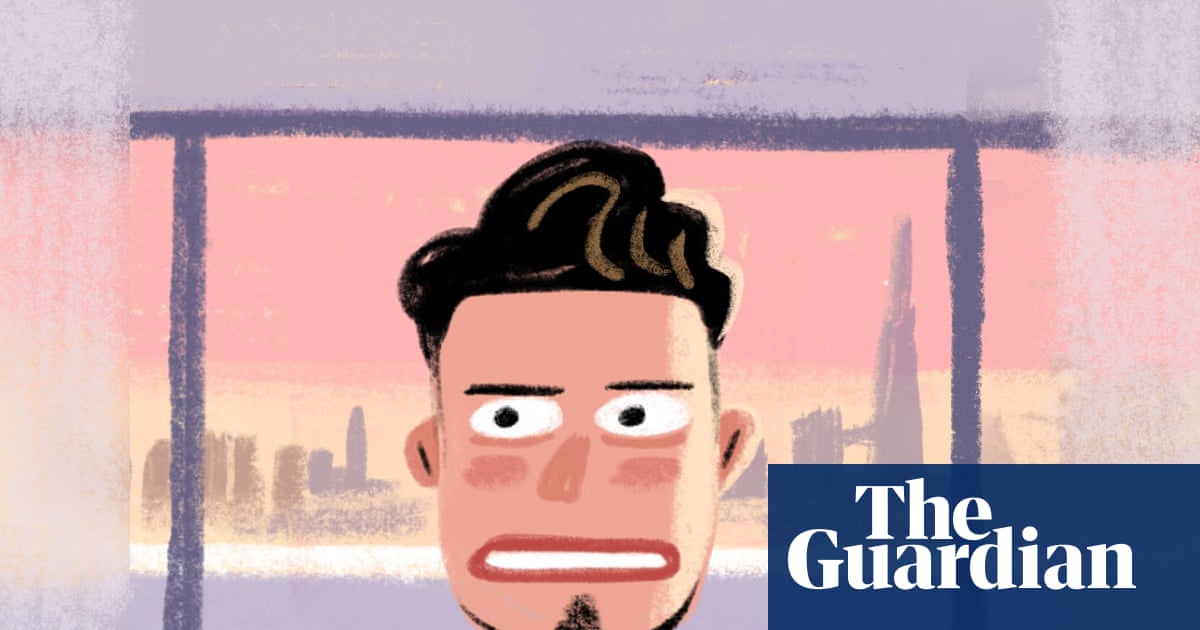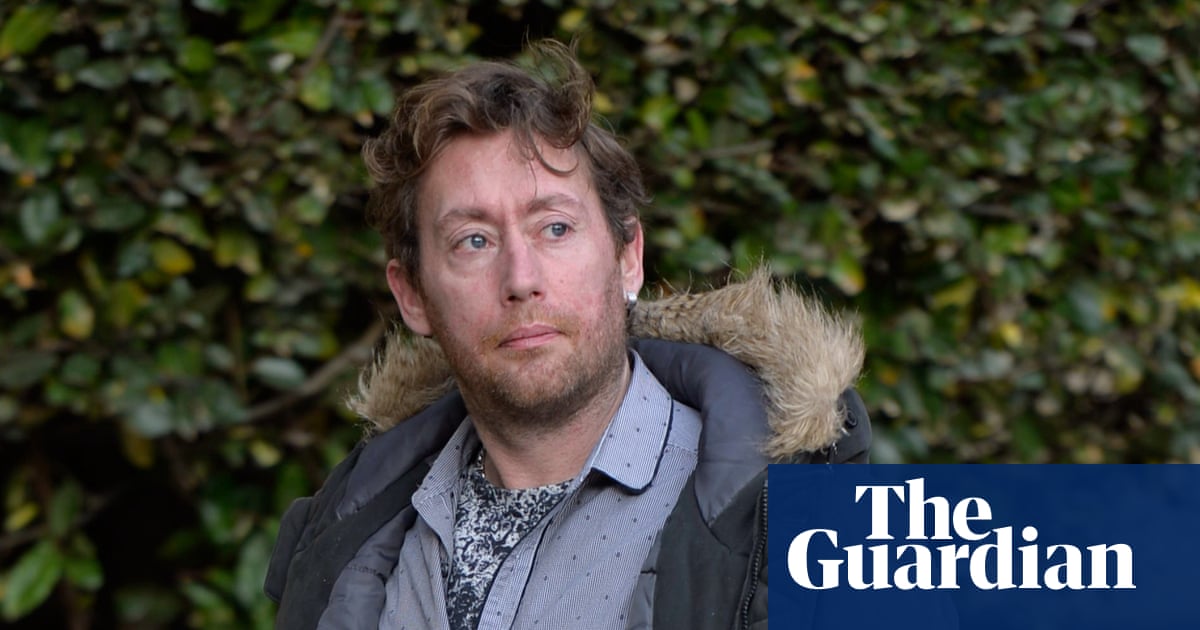This is embarrassing, but here goes. There are five novels beside my bed, all partially read. On my phone, I am partway through 36 audiobooks, which pales in comparison to the 46 ebooks I have abandoned on my Kindle. This doesn’t count the growing pile of advance copies beside my coffee table, vying for blurbs, now that I am a published novelist myself.
At first glance, these stats seem to corroborate Ian Rankin’s words. Commenting a fortnight ago on how easy it is to lose a reader’s focus, when it is fragmented by social media and the news cycle, the writer said: “Maybe as people’s attention spans change the literature will have to change with them.” But as someone who used to doggedly finish whatever I was reading, I now consider it a human right to put down a book that I’m not in the mood for.
I don’t believe that this habit is due to my short attention span – rather more to the feeling of life slipping through my fingers. I’ve always been struck by the Benedictine teaching: “Keep death daily before your eyes.” Oliver Burkeman’s reminder that we each have a mere 4,000 weeks on this Earth was as horrifying to me as to anyone else. And yet at what other point in human history have we ever had such immediate access to so many mind-blowing works of art, whenever we want? A glut of riches awaits me in every bookshop and behind every screen, and I want to be intentional about where I direct my attention. Could “DNF-ing” a novel (shorthand in the book world for Did Not Finish) be not a sign of a weak mind, but a discerning one?
Especially at a time when publishing (and therefore, commissioning) is still dominated by a certain social class and its quandaries. While reading about people different from ourselves can help to build the muscle for empathy, we also read to reflect on our own lives and place in the world. Until the books on the shelves better reflect the identities, lives and concerns of potential readers, it might be very hard to hold their attention.
Of course, some authors are successfully writing for the “modern attention span”: the tweet-length prose of Patricia Lockwood’s No One Is Talking About This, the tight fragments of Jenny Offill’s Dept. of Speculation, and the short chapters of Chris Whitaker’s All the Colours of the Dark are all a wonderful showcase for a shorter form and style. And there is no shortage of writing advice geared toward grabbing a reader: hone that first sentence, polish that opening chapter, elevate the stakes (higher! higher!) and, if writing crime, put a dead body on the first page. This is all sound advice – a potential agent, publisher or reader will spend only a few precious minutes deciding whether or not to forge ahead. There is no point in being contrary, like the person on a writing course I attended who, when challenged about the plot of their novel, declared that “it all becomes clear about three-quarters of the way through”. No writer should put their reader through a series of 12 labours in order to be understood.
And I do write to be understood, as much as that is possible. Sometimes that requires holding the reader’s hand, guiding them through the story beat by economical beat. Sometimes, I’ve realised, understanding takes patience – and I must give myself (and other writers) the grace of meandering, of layering, of digressing, until I hit upon something true. Jane Alison, author of the craft book Meander, Spiral, Explode argues for the novel finding new forms and that, rather than the traditional dramatic arc, “other patterns might help us imagine new ways to make our narratives vital and true, keep making our novels novel”.
In that sense, Rankin and Alison both agree – the novel may have to change to accommodate the modern reader, as it has continually done since it first emerged in the 18th century (in the form that we know it today). Perhaps, like Charles Dickens and Helen Fielding, authors will go back to serialising their novels in the newspapers. The next such authors may already be releasing their work, chapter by chapter, on online platforms such as Wattpad, visited by more than 90 million monthly users. Art forms change with the times and we should let them.
But let us not say that any changes are all because of shorter attention spans. If that was so, short story collections and flash fiction would be considered much more commercial bets than they are now. And, if we were to follow that argument to its endpoint, the answer may be not to write at all – to admit defeat against VR and AI-generated content in the battle for attention, and let the robots take over. I trust that is not what Rankin, or what most of us, want.
Personally, I am more worried about the implications of the “modern attention span” for my own ability to write, rather than read. After this, I will go and flip my sand timer while sitting on a silent Zoom call with six other authors, hoping that their diligent typing will successfully spur me on with my second book. And should a newspaper ever want a serialised novel? They know where to find me.
after newsletter promotion
-
Hanna Thomas Uose is a writer and strategist. She is the author of Who Wants to Live Forever

 3 months ago
93
3 months ago
93

















































